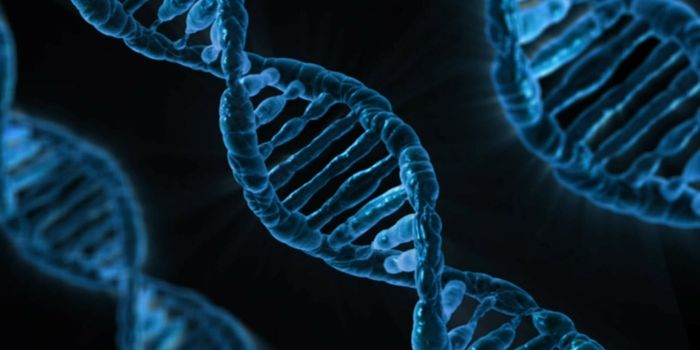Vitamins are once again in the spotlight this week. This time, researchers at Stanford University found a link between
vitamin A deficiency and colorectal cancer. The study also suggests that bacteria in the gut can directly influence a person’s vitamin A metabolism, which may contribute to the risks for this cancer.

Vitamin A, also known as retinoic acid, is vital in many functions of the body. Many people may also know vitamin A as the active ingredient in tretinoin, a topical cream used for the treatment of acne vulgaris. Notably, the compound is essential in cell growth and development.
Interestingly, retinoic acid is also a key player in the inflammatory process of the intestines. “Retinoic acid has been known for years to be involved in suppressing inflammation in the intestine. We wanted to connect the dots and learn whether and how retinoic acid levels directly affect cancer development,” said Edgar Engleman, professor of pathology and medicine at Stanford, and senior author of the study.
Engleman’s team devised an experiment to test this link. They treated mice with chemicals that either promoted inflammation alone, or chemicals that stimulated colorectal cancer. In mice that developed colon tumors, the team noted that the levels of vitamin A in the gut were much lower than normal. These animals also produced less of the compound overall.
Knowing this, they then tried to rescue the mice by supplementing with vitamin A. Indeed, bringing the levels of vitamin A back to normal appeared to stunt the cancer growth. "When we increased the amount of retinoic acid in the intestine, either by supplementing the animal with retinoic acid or by blocking the activity of the degradation enzyme, we were able to dramatically reduce the tumor burden in the animals," said Engleman. "Conversely, inhibiting retinoic acid activity significantly increased the tumor burden."
Next they asked whether levels of vitamin A, and thus colorectal cancer risks, are influenced by bacteria in the gut microbiome. "The intestine is constantly bombarded by foreign organisms," said Engleman. "As a result, its immune system is very complex. There's a clear link in humans between inflammatory bowel disease, including ulcerative colitis, and the eventual development of colorectal cancer.
Indeed, when mice were treated with broad-spectrum antibiotics, their levels of inflammation decreased and their levels of vitamin A increased. Furthermore, tumor formation was reduced. "We found that bacteria, or molecules produced by bacteria, can cause a massive inflammatory reaction in the gut that directly affects retinoic acid metabolism," said Engleman. "Normally retinoic acid levels are regulated extremely tightly. This discovery could have important implications for the treatment of human colorectal cancer."
"It's become very clear through many studies that chronic, smoldering inflammation is a very important risk factor for many types of cancer," said Engleman. "Now that we've shown a role for retinoic acid deficiency in colorectal cancer, we'd like to identify the specific microorganisms that initiate these changes in humans. Ultimately we hope to determine whether our findings could be useful for the prevention or treatment of colorectal cancer."
Additional source:
Stanford University Medical Center press release
 Vitamin A, also known as retinoic acid, is vital in many functions of the body. Many people may also know vitamin A as the active ingredient in tretinoin, a topical cream used for the treatment of acne vulgaris. Notably, the compound is essential in cell growth and development.
Vitamin A, also known as retinoic acid, is vital in many functions of the body. Many people may also know vitamin A as the active ingredient in tretinoin, a topical cream used for the treatment of acne vulgaris. Notably, the compound is essential in cell growth and development.







